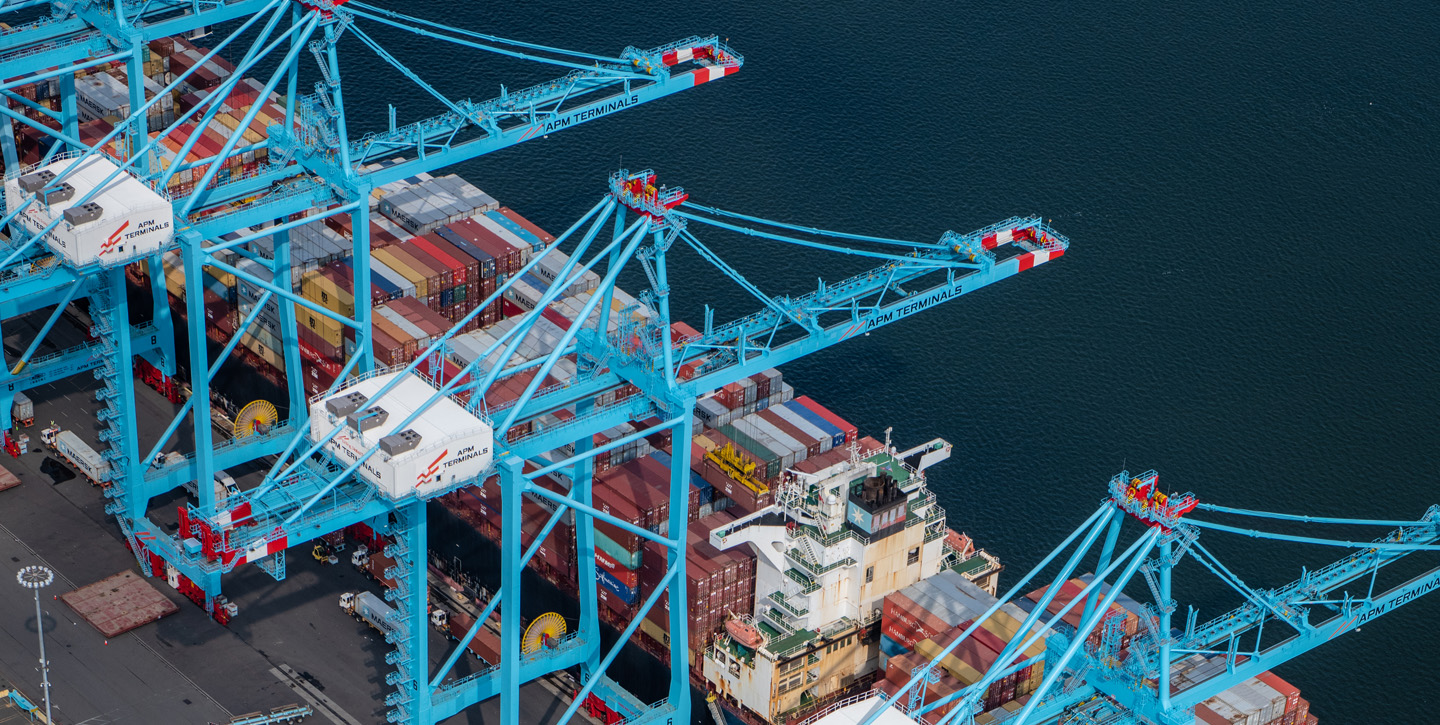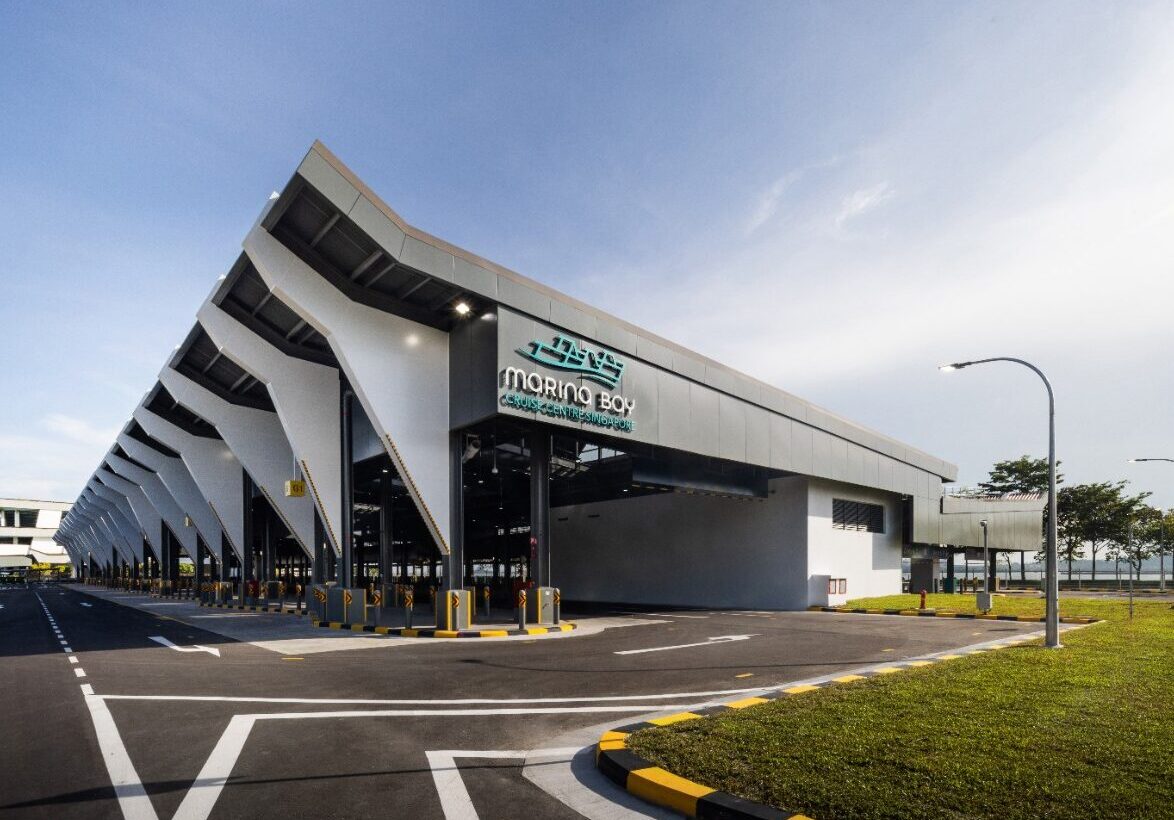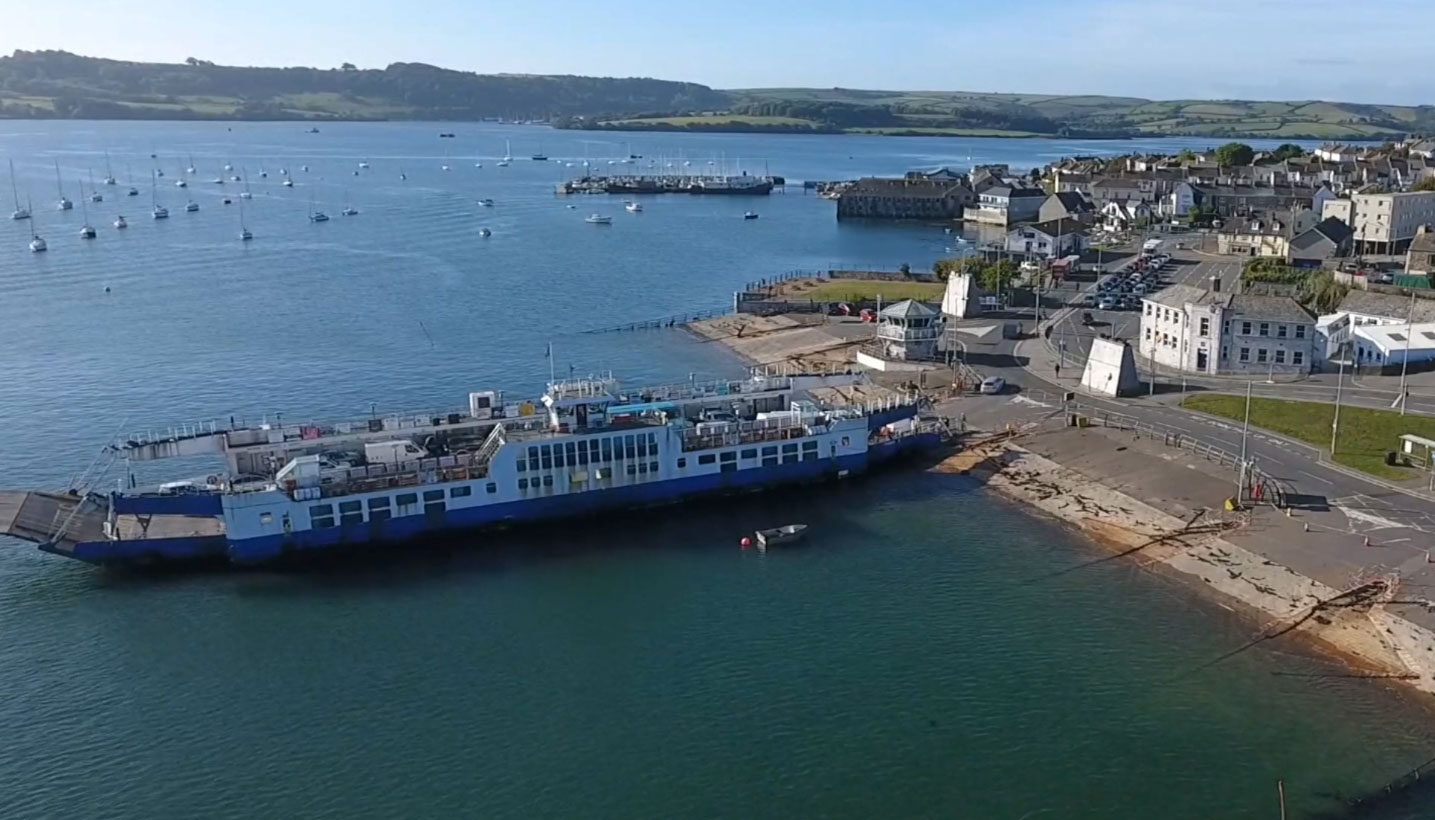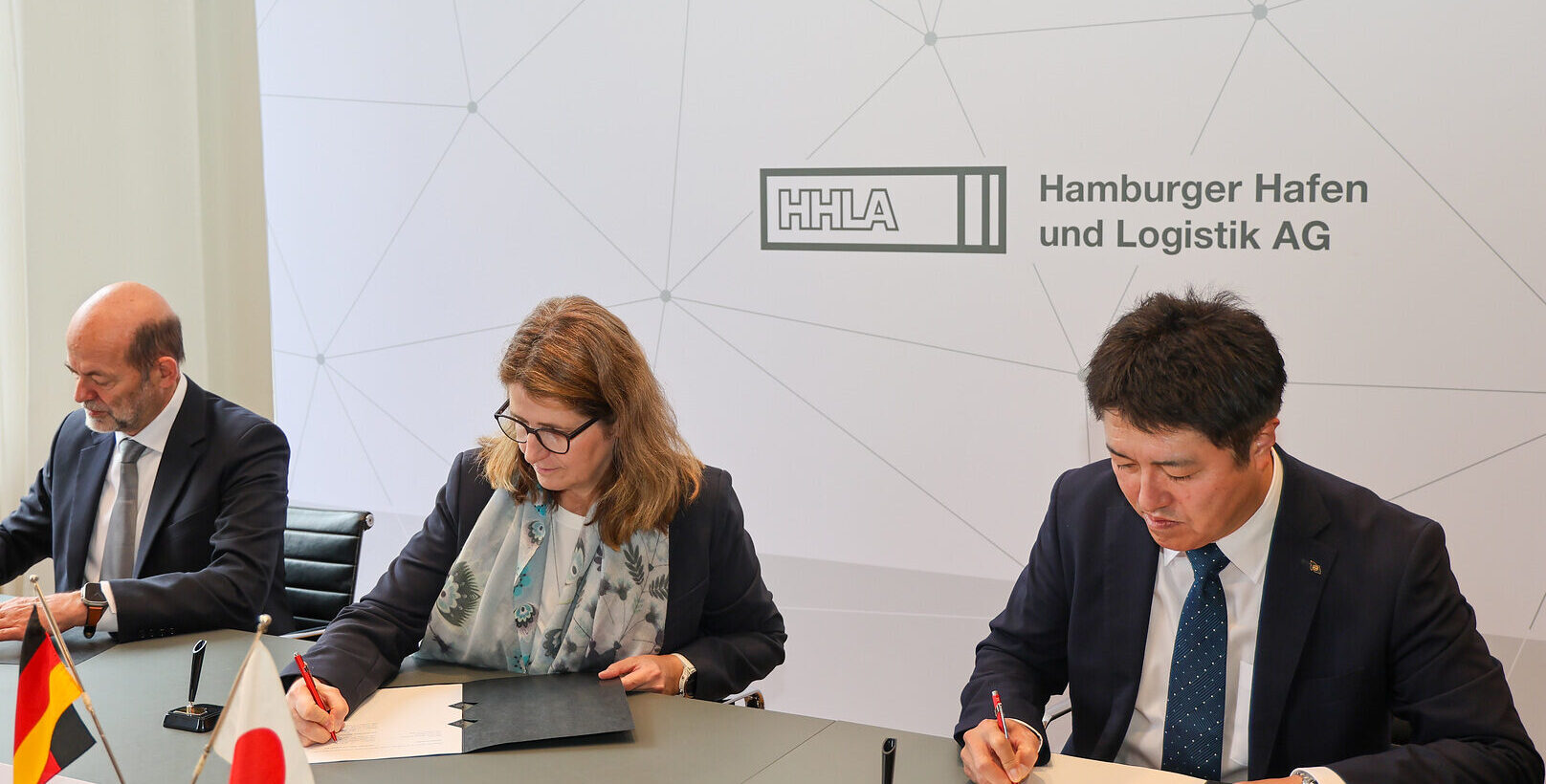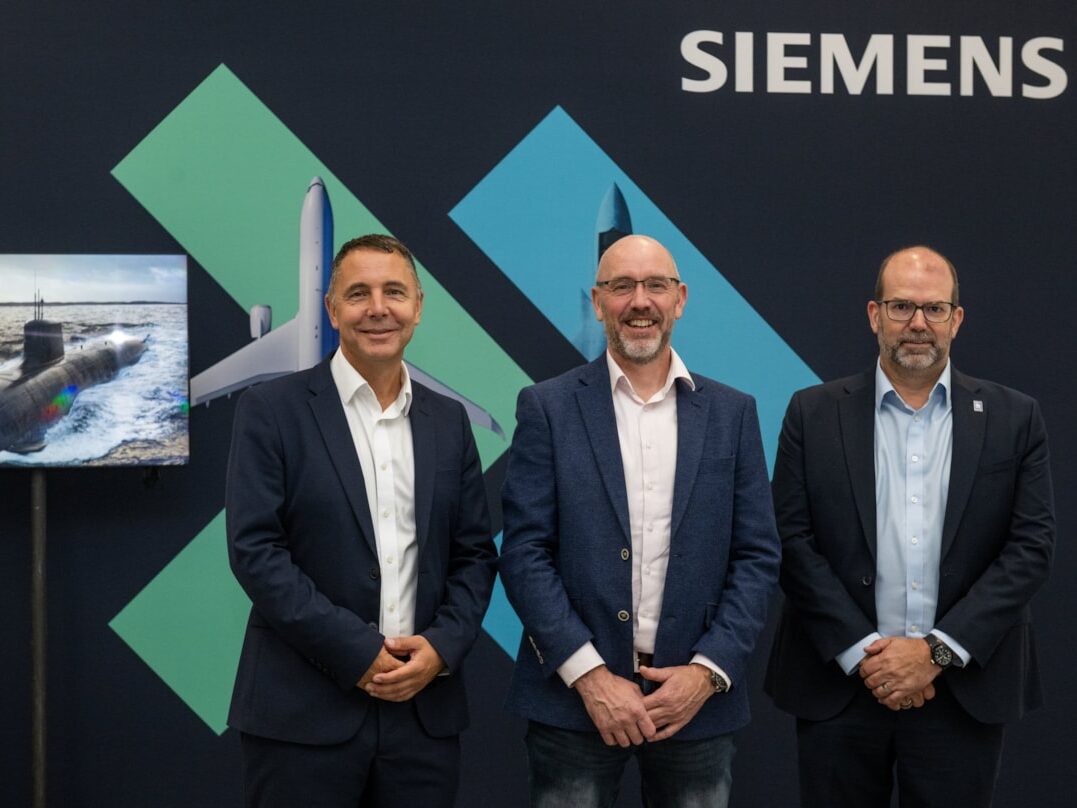The Transport Committee has published a new report that issues a series of recommendations for how the UK Government could improve its draft revised National Policy Statement (NPS) for ports.
NPSs, which contain legally-binding guidance that must be followed by the Secretary of State when deciding whether or not to approve planning permissions for nationally significant infrastructure projects, also act as a guide for developers, aiding in the design of projects that are likely to comply with both regulations and policy.
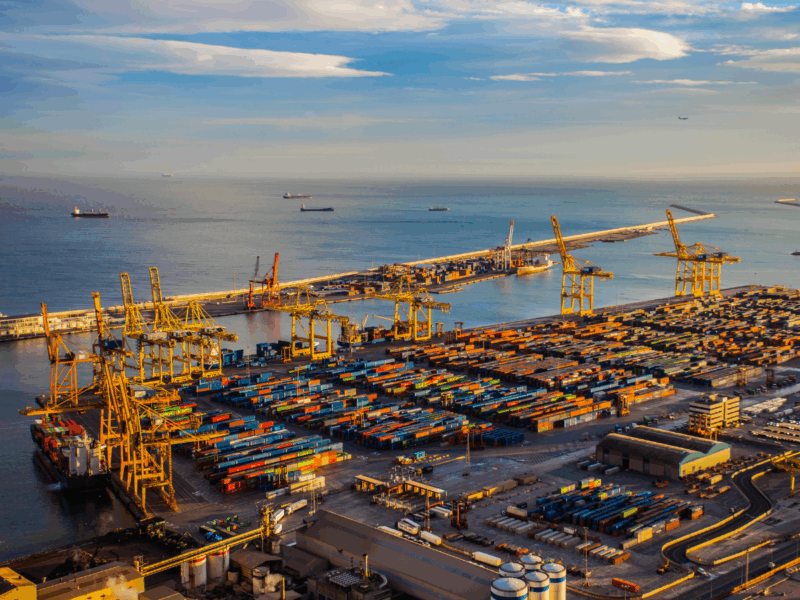
The Government claims that its draft revised Ports NPS, which was published in June, supports the need for increases in port capacity over the next 30 years in order to accommodate trade, offshore energy development and regional economic growth.
The NPS also looks to support decarbonisation, as well as biodiversity whilst clarifying the relationship between port development and wider planning frameworks.
Ports to be Designated as Critical National Priority
In its own report; the Transport Committee has recommended that the Government designates ports as Critical National Priority (CNP), creating a presumption in favour of developments being given consent by both the planning authorities and the Secretary of State, and, in doing so, streamline planning processes and give more confidence to potential investors.
The Need for Modal Shift
The Committee has urged the Government to revise the NPS to provide a clearer articulation of the need for future port developments that enable modal shift, such as the development of rail interchanges to join ports with rail infrastructure, enabling freight travel by train.
Such a revision should, according to the Committee, reflect the strategic role of ports in the enabling of integrated, low-emission freight networks, as well as support the Government’s wider priorities on modal shift and, ultimately, achieving net zero.
The Committee has stated that the NPS could play a critical role in ensuring that port developments align with the UK’s wider climate commitments, urging the Government to strengthen the NPS to better support the provision of shore power and electric vessel charging infrastructure, thereby recognising the interface between both ports and the energy grid.
It states that the NPS should be clear in its expectations for planning authorities to facilitate grid upgrades and substation development where it might enable the decarbonisation of shipping and port activity.
Forecasts to Include Non-Freight Activities
Within its report; the Committee makes a set of two recommendations to improve the NPS’s provision on forecasting future use of ports, suggesting that demand forecasts should be seen as indicative rather than definitive, and that non-freight activities at ports must be taken into account in order to provide a ‘more comprehensive approach’ to demand forecasting.
‘Good Design’
According to witnesses; the NPS, as currently drafted, requires a more solid definition to set out what ‘good design’ should entail. Concerns were raised that it might be interpreted as a requirement that new developments should be aesthetically attractive, as opposed to having more functionality in regards to safety and efficiency.
The Committee has recommended that safety ‘must remain the paramount consideration’, and that limits should be taken into accounts for what can be reasonably achieved in this respect with regards to port development and thus the NPS must be clear that good design, in this context, refers to functionality and safety.
Transport Committee Chair Ruth Cadbury MP, said:The ports sector was broadly supportive of the Government’s draft revision of the NPS, the first since 2012. There was particular appreciation for its continued presumption in favour of development, and its market-led approach to investment in this sector, which plays a vital role in trade, energy and economic growth.
Our Committee shares the sector’s view that the Government should continue to drive towards a more streamlined, efficient planning process for port developments.
It was very welcome to hear industry voices call for greater emphasis on how the NPS could be used to bolster modal shift, and to enable greater investment in grid capacity and infrastructure for shore power.
The Committee was glad to see the sector showing leadership on reducing carbon emissions and, in effect, talking up the role ports could play in helping to decarbonise the UK’s wider system of freight distribution.
The Committee also sides with those calling for ports to receive ‘Critical National Priority’ status. This would help the sector expand with the pace and certainty required as demand from imports and exports look forecast to rise, alongside increasing activity in building off-shore wind.



